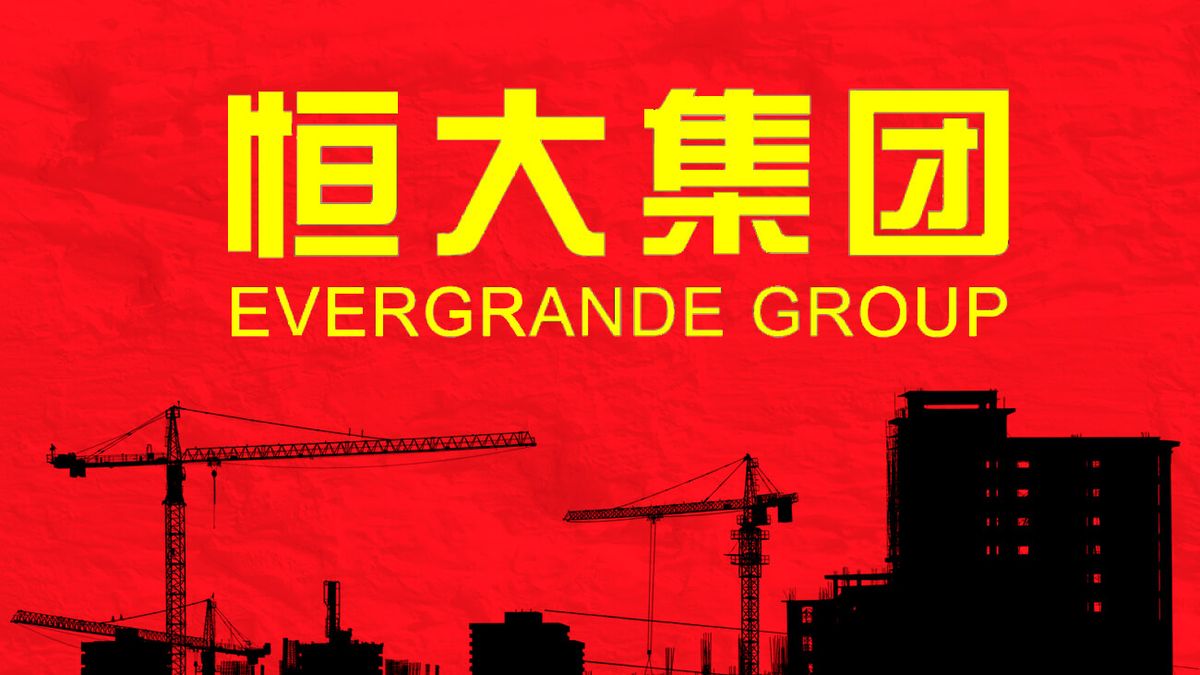A Hong Kong court ordered the liquidation of the indebted Chinese real estate giant Evergrande, which did not present a convincing restructuring plan.
The decision by Judge Linda Chan of the Hong Kong High Court sets in motion a process that It includes the liquidation of the company’s assets and replaces its leaders to reassure its creditors.
Evergrande, which has been China’s largest real estate developer, accumulated debt until it had liabilities of more than $300 billion.
Creditor Top Shine Global filed a liquidation request for Evergrande last year, but the case dragged as the two sides tried to negotiate a settlement.
Given “the obvious lack of progress on the part of the company in presenting a viable restructuring proposal (…) I consider it appropriate for the court to issue a liquidation order against the company and so order,” Judge Chan ruled.
He recalled that in a previous hearing in December, the court “made it very clear that it expected to see a viable proposal properly formulated.”
The judge must present the details of her sentence in the afternoon and could appoint a liquidator for Evergrande.
Evergrande was supposed to discuss the revised proposal with creditors, obtain a legal opinion and consult Chinese authorities, but “none of that happened,” Chan claimed.
The company’s CEO, Shawn Sui, called the court’s decision “regrettable.”
In turn, Evergrande’s lawyer, Jose-Antonio Maurellet, defended the company’s latest proposal on Monday, rejecting allegations that the group had acted in bad faith, and assured that the Chinese company had “softened” the terms of the agreement. .
After the court session, a lawyer representing Evergrande’s creditors told reporters that the company “is solely responsible for the liquidation.”
Evergrande: shares plummet
The company’s shares plummeted 20.87% on the Hong Kong stock market after the court decision and its stock trading was interrupted.
Trading of the group’s electric vehicle subsidiary was also halted.
However, it had no impact on Asian markets in general, with increases in the Hong Kong and Shanghai stock markets.
Evergrande, which was the largest real estate company in China, has reported massive debts and its difficulties have become a symbol of the real estate crisis that the country has been experiencing for years.
China’s construction and real estate sector once accounted for a quarter of the country’s GDP.
However, President Xi Jinping considered that the level of debt of Evergrande and other firms was an unacceptable risk to the country’s economic well-being.
Since 2020, authorities have limited real estate companies’ access to credit, causing a wave of defaults.
By the end of June, Evergrande estimated its debts at $328 billion.
Shane Oliver, a strategist at financial services firm AMP, called the decision “a new step” in the Chinese housing crisis.
“It has not caused the great calamity that many feared, but at the same time it has not been resolved either,” he commented.
In his opinion, “the real estate crisis is far from being resolved and remains a burden on the Chinese economy.”
Source: Ambito
I am a 24-year-old writer and journalist who has been working in the news industry for the past two years. I write primarily about market news, so if you’re looking for insights into what’s going on in the stock market or economic indicators, you’ve come to the right place. I also dabble in writing articles on lifestyle trends and pop culture news.




